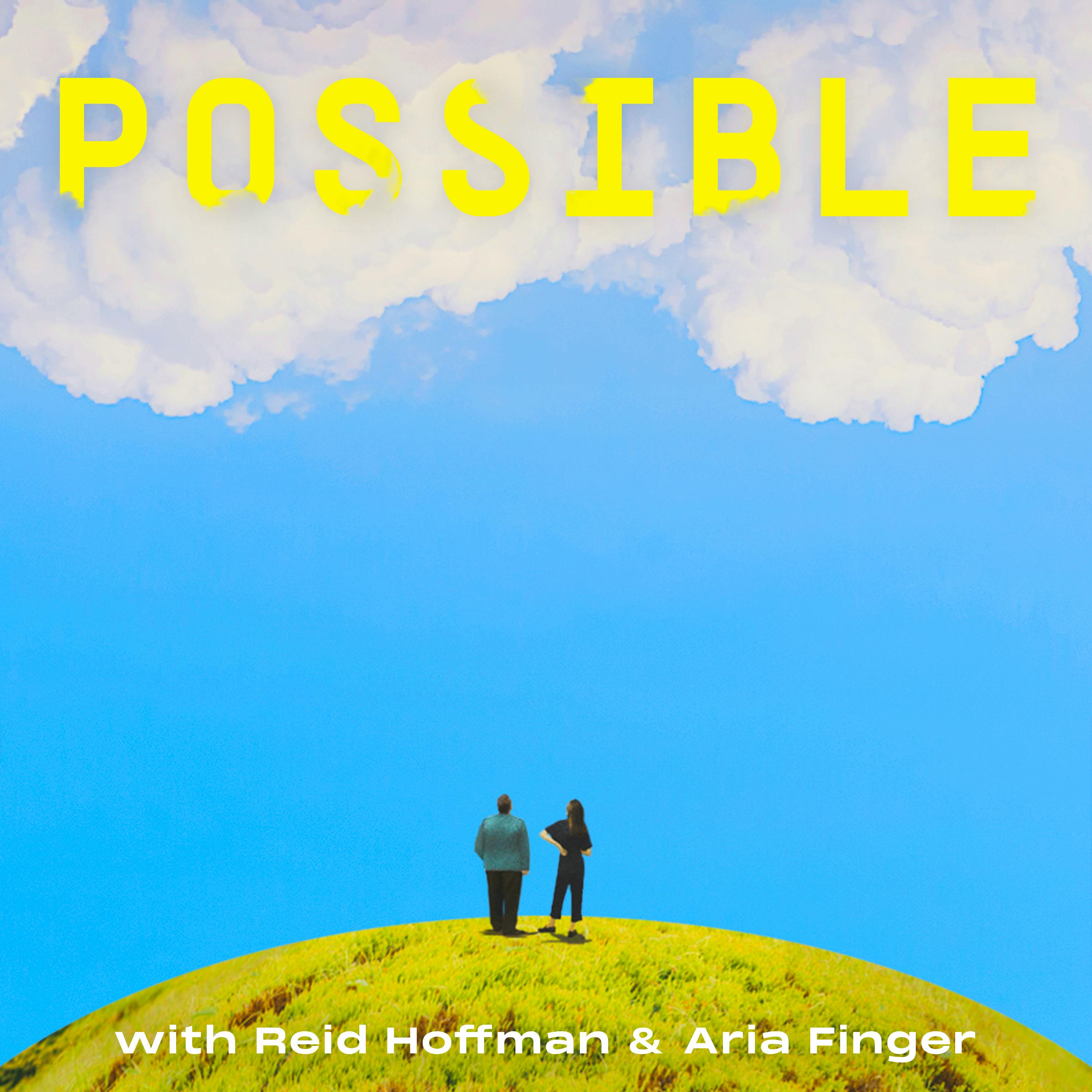
Possible
What if, in the future, everything breaks humanity's way? Possible is an award-winning, weekly podcast that sketches out the brightest version of the future—and what it will take to get there. Hosts Reid Hoffman and Aria Finger explore what’s possible with forward-thinking leaders, deep thinkers, and ambitious builders across many fields, such as technology, art, education and healthcare. These conversations center on the ways technology—and, in particular, AI—is shaping the future. In episodes, AI tools such as OpenAI’s GPT-4 and Inflection’s Pi are at work, offering informational asides, prompting guests, or demoing what they can do. Lastly, between guest episodes, Aria interviews her co-host Reid on his latest takes on what’s possible if we use technology—and our collective effort—effectively.